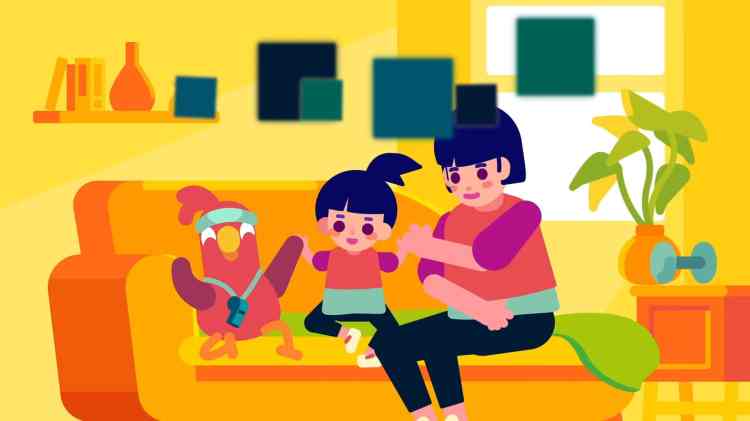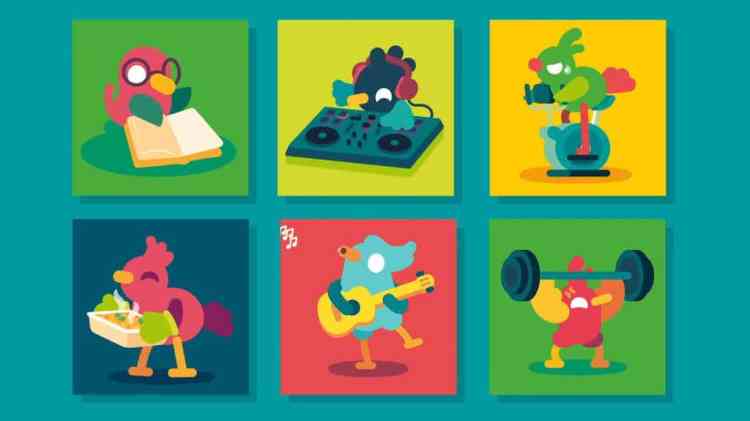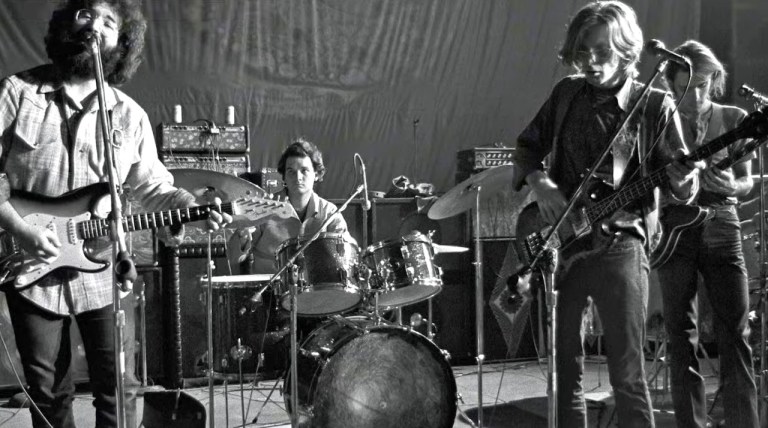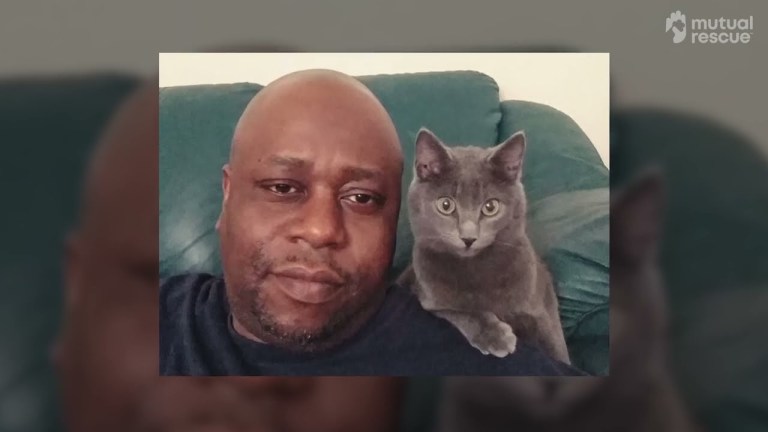How Small Changes in Daily Routines Can Lead to Better Habits In the Long Run
The ever-insightful Kurzgesagt takes an animated look at the difference between routines and habits, noting how small changes in these can help foster positive change in one’s life.
Turns out you fell victim to a lie: the fact that you have such a hard time changing or reaching your goals isn’t due to you being lazy or weak. All your actions and behaviors are like paths in your brain. Science has made amazing discoveries about these patterns and how you can influence them.

Routines and Habits
They explain how routines are a sequence of events that are deliberately carried out the same way due to repeated success (i.e. recipes) while habits are routines that are done automatically without thought. Habits also trigger a sense of reward. Making small changes to one’s routine can lead to better habits in the long run. While the toddler in us will always be there to sabotage our desire for success, certain self-discipline within us can also overcome childish triggers.
Habits are executed by an impulsive toddler. It responds to your immediate desires, based on what is around you. …For the toddler, the future doesn’t exist and it hates hard work. So when it notices a trigger, it steers you to take this easy road inside your brain that leads to a familiar rewarding result. …Rewarding feelings associated with an action demand to be repeated and so a bad habit is born. While the toddler sounds like a built-in sabotage mechanism, it is as important as the wise planner and actually, they work together most of the time!

Deciding to exercise, for example, starts as a deliberate routine—what to do, where to do it, and how to reward oneself for doing it. Once those parameters have been established, this routine can become a habit. If the parameters are too high, working out will remain a routine. The idea is to set small, attainable goals at first in order to reward oneself with success.
If you want to make change easier, the best way may not be to force it with willpower but to convince your brain that it’s not that big of a deal. By creating new routines and then turning them into habits. You want your wise planner to construct that first trail and then use your toddler to help initiate the action effortlessly.







